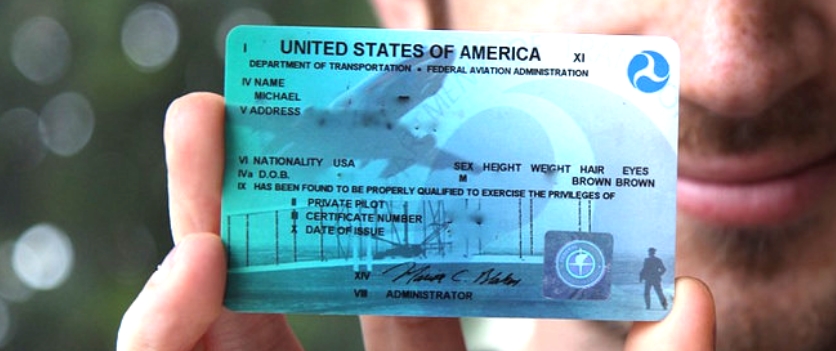
Flying has always been synonymous with freedom and adventure, and at the heart of every successful flight is a skilled Pilot Commercial License. These professionals are not just drivers of aircraft; they are captains of the skies, responsible for the safety and smooth operation of complex machines that defy gravity.
The Path to Becoming a Pilot
Becoming a pilot is no easy feat. It requires rigorous training, a deep understanding of aviation principles, and a commitment to safety above all else. The journey typically begins with obtaining a private pilot’s license, which involves learning the basics of flight, navigation, and aircraft control. From there, aspiring pilots can pursue advanced certifications, such as a commercial pilot’s license or an airline transport pilot certificate, depending on their career goals.
Skills and Qualities of a Pilot
To excel as a pilot, one must possess a unique set of skills and qualities. These include:
- Technical Proficiency: Pilots must have a deep understanding of aircraft systems, navigation, and meteorology to safely operate in various conditions.
- Decision-Making: Pilots often face split-second decisions that can impact the safety of the flight and its passengers. They must be able to analyze situations quickly and make sound judgments.
- Communication: Effective communication is crucial for pilots, especially when coordinating with air traffic control and crew members.
- Problem-Solving: Pilots must be adept at solving complex problems, especially in emergency situations, where quick thinking can save lives.
The Responsibilities of a Pilot
A pilot’s responsibilities extend far beyond simply flying the aircraft. They are also responsible for:
- Safety: Ensuring the safety of the aircraft, passengers, and crew is the foremost responsibility of a pilot.
- Navigation: Pilots must chart the course of the flight, taking into account weather patterns, airspace restrictions, and other factors.
- Communication: Pilots communicate with air traffic control, crew members, and passengers to ensure a smooth and safe flight.
- Decision-Making: Pilots make critical decisions throughout the flight, from determining the safest route to deciding whether to divert due to weather or mechanical issues.
The Future of Piloting
The aviation industry is constantly evolving, and the role of a pilot is no exception. Advances in technology, such as automation and artificial intelligence, are changing the way aircraft are flown. However, the human element of piloting, including decision-making and problem-solving skills, remains essential.